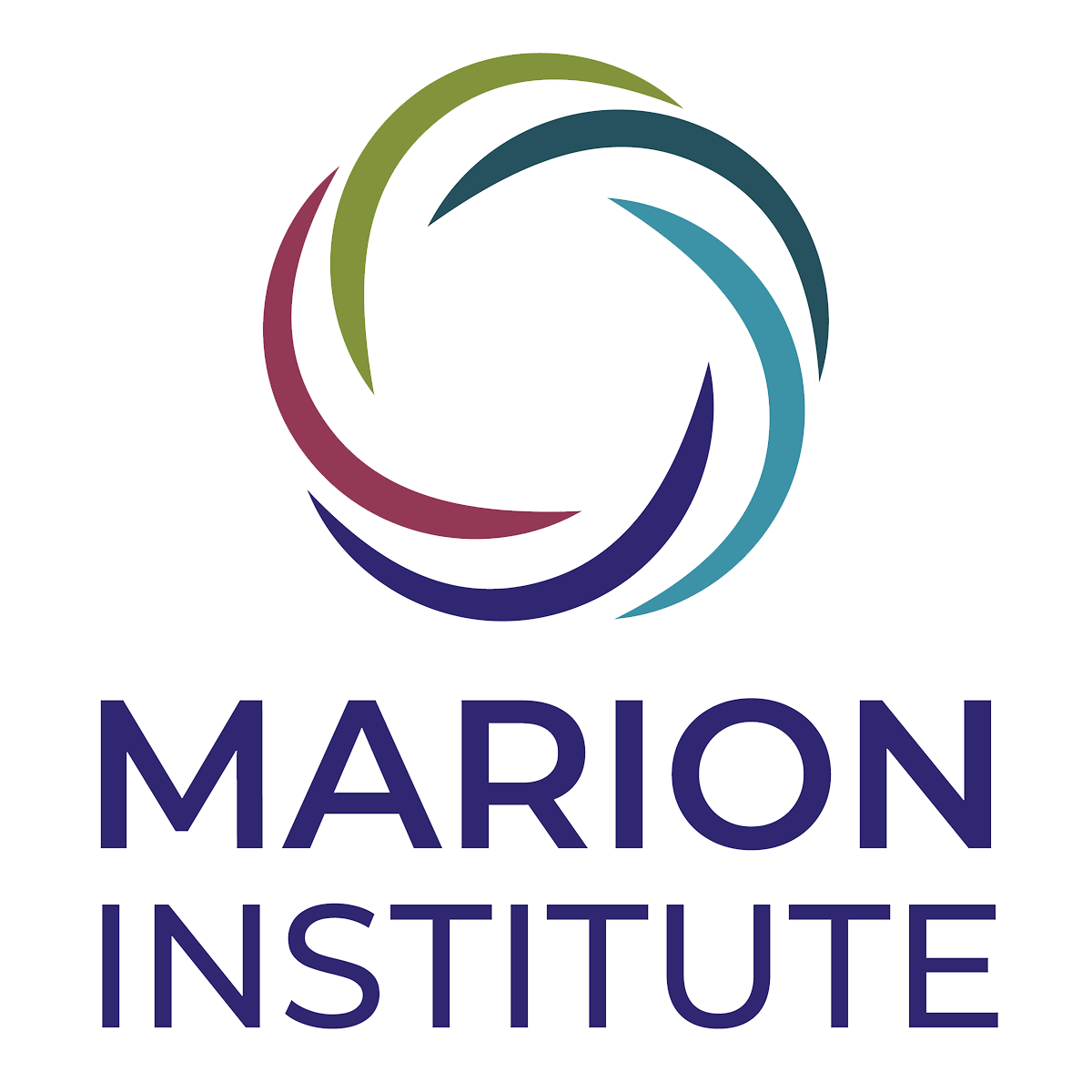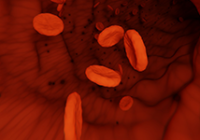By Lauren Slater, APRN, BioMed Center New England
 Biological Medicine providers work with patients to bring their bodies back into balance. When in balance, the human body easily adapts and responds to our internal and external environments to maintain the optimal expression of health.
Biological Medicine providers work with patients to bring their bodies back into balance. When in balance, the human body easily adapts and responds to our internal and external environments to maintain the optimal expression of health.
Hormones play vital roles in our overall health and wellness as key communicators in the body. They convey messages to the body’s many systems, generating cascades of internal events that dictate the body’s response to its internal and external environment. While sex hormones like estrogen, progesterone, and testosterone, are well known, the body has many other hormones, like those produced by the thyroid gland, insulin produced by the pancreas, growth hormones produced by the liver, and stress hormones, including cortisol, produced by the adrenal glands.
Hormonal dysregulation not only arises from imbalances in the body but also then contributes to more dysregulation. Hormone levels naturally change and decrease as we age, but they can also be affected by chronic illness, chronic stress, toxins, and hormones in the foods we consume. Nutritional deficiencies, obesity, poor sleep, nervous system dysregulation, biomimicry resulting from hormones in our environment, and other intervening factors also “use up” or deplete our hormones. Hormonal dysregulation can contribute to any number of irregularities, including weight change, fatigue, hair loss, loss of libido, acne. We often see a multitude of additional symptoms during periods of intense hormonal change such as in puberty and menopause.
BioMed practitioners have a variety of methods at their disposal to help patients improve their hormone health. With the data provided by blood and in-depth hormonal profile testing, as well as results from additional biological medicine assessments such as, Heart Rate Variability (HRV) testing and Thermometry, practitioners are able to identify and address areas of imbalance in patients which may be directly affecting and underlying hormonal dysregulation. In instances in which hormonal imbalances are impeding quality of life, supplementation and bioidentical hormone therapy offer two methods for triaging patients’ hormone levels while continuing to support the body on its path toward self-regulation. Nervous system-supportive therapies, lymphatic therapies, and others that support the body’s capabilities to detox, repair, and metabolize effectively, can support the effort to bring the body back in balance. Similarly, adequate sleep, nutrition, movement, and play are essential to overall health.
When adequately supported through a combination of individualized treatments, healthy lifestyle habits and therapies, as needed, the body’s self-regulatory capacity and homeostasis can be restored and hormonal balance maintained. To locate a BioMed provider capable of helping you achieve optimal health results, visit https://www.marioninstitute.org/bioregulatory-medicine-network/care-provider-locator/.
Join Lauren Slater, APRN at the BioMed Center New England and Dr. Jeoff Drobot, co-founder and medical director of the American Center for Biological Medicine on Zoom on Tuesday, July 5th, 2022 to learn more about restoring hormonal balance. To register for this FREE event, visit bit.ly/july5biobites












This Post Has One Comment